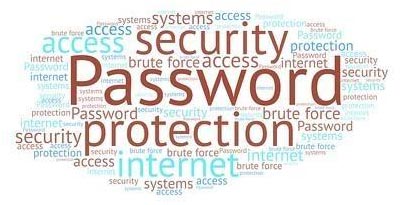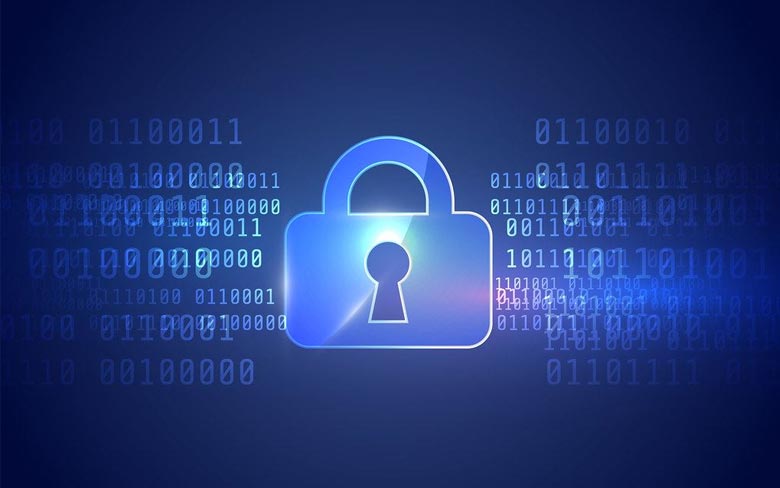When we speak about iPhone security, we aren’t talking about the identical thing as security on a desktop or notebook computer. Sure, everyone wants to keep their data from people they don’t want to access, but traditional computer security issues like antivirus software aren’t a controversy for iPhone and iPod touch owners. Perhaps the foremost important concern when it involves iPhone security isn’t electronic, but physical: theft. But simply because theft may be a big concern does not imply it is the only aspect of iPhone security you wish to stress about. Everybody has security and other issues when developing software or an app. Here are some tips to follow for the subsequent iPhone and iPod touch users:
Prevent Theft – With theft being the largest security risk for iPhone users, steps have to be taken to stay your iPhone safe and ensure it stays yours. try these anti-theft tips for ideas on a way to stay safe.

Set a password – If your iPhone has been stolen, you better ensure the thief can’t access your data. one of the most effective and easiest ways is to show on the built-in Passcode feature of your iPhone. Learn more about Passcode, including a way to set it up and what it controls. you’ll be able to set a password after it’s stolen using Find My iPhone, but it’s better to urge into an honest security habit beforehand.
Use Touch ID – If your device has an Apple Touch Touch fingerprint scanner, you ought to use it. To scan a fingerprint to unlock your device, security is way stronger than a four-digit password that you simply can’t forget or that your computer can assume for an extended time.
Enable Find My iPhone – If your iPhone becomes stolen, Find My iPhone could also be the thanks to grasping back. This free iCloud feature uses the built-in GPS phone to work out your location on a map so that you (or, much safer and better, the police) can track it at its current location. It is an excellent way to seek out lost devices.
Backup Encryption
If you sync your iPhone along with your computer, data from your phone is additionally stored on your desktop or laptop. This suggests that the info is potentially available to those that may come to your computer. Provide this information by encrypting these backups. This prevents someone who doesn’t know your password from accessing your data using your computer. Do it in iTunes when syncing your iPhone or iPod touch. On the most sync page, within the Options section below the image of your device, you’ll see a checkbox called Encrypt iPhone backup or Encrypt iPod backup. Check this box and set a backup password. Now, if you would like to revive from that backup, you’ll have to know the password. Otherwise, there’s no data on it. There aren’t many apps that will improve your iPod touch or iPhone security at once – although that will change within the future.

As iPhone security becomes more of a problem, expect to work out things like VPN clients and antivirus packages for iPhone or iPod touch. However, after you see them, be skeptical. Apple’s design for iOS is incredibly different from, say, Microsoft’s for Windows and is far safer. Security is unlikely to become as big an issue on iOS because it is on other operating systems. After that, you’ll be able to always learn more about protecting your digital privacy and stop government spying – it never hurts to grasp the maximum amount as you’ll.
Password Manager as a Security and Safety Solution
A password manager may be a good way to avoid forgetting the password to your email account, Windows login, Excel document, or the other file, system, or service that you employ to access passwords. With a password manager, you simply must remember one strong password. When your account is unlocked, you’ve got access to any or all the opposite passwords you’ve got saved within your account, making all of your other locations, services, and devices easy to access. Password management applications are applications for smartphones designed to store passwords and other login data on the phone. Having all of your passwords and other login information available in your pocket in the slightest degree of time may be a big plus.

Apple is usually always declared the clear winner when it involves security. The company’s control over the software package and iPhone means all users of its products get installed updates and security updates. Due to this great control, Apple chooses and decides which applications may be used on the iPhone and which cannot – which is equally important for the safety of the phone, but also the OS. When it involves security, Apple uses “everything you need” access. Apple has designed its platform to be encrypted at both ends and maximally proof against any interference from the side. The message servers that folks send require hardware keys to figure. And after they become active, those keys are destroyed, thus preventing anyone, even Apple, from spying on users or looping with the system.
Apple devices come with fairly strong protection, with a special focus on mobile and portable devices such as iPhone, iPad, and iPod Touch. They are safe and almost impenetrable when we talk about protecting the data recorded on them.
Besides, like other similar devices, these have access protection while in use. By this, we mean unlocking a phone, tablet, or music laptop. As an unlock option, the user can choose a password, a PIN code, a fingerprint scan, or a face scan. Depending on the model, each user will select one of the available options.
How does iOS protect you?
Apple’s operating system has several built-in features designed to protect against malware.
Apple very strictly monitors the apps on offer in its App Store and does not allow anyone else to install iOS apps. Although there are millions of these applications, theoretically each of them was scanned manually, and those in which malicious computer code was found received a rejection. This system is not perfect, but it is effective insofar as it manages to remove most potentially dangerous applications. It is important to regularly upgrade and refresh every operating system, including iOS.